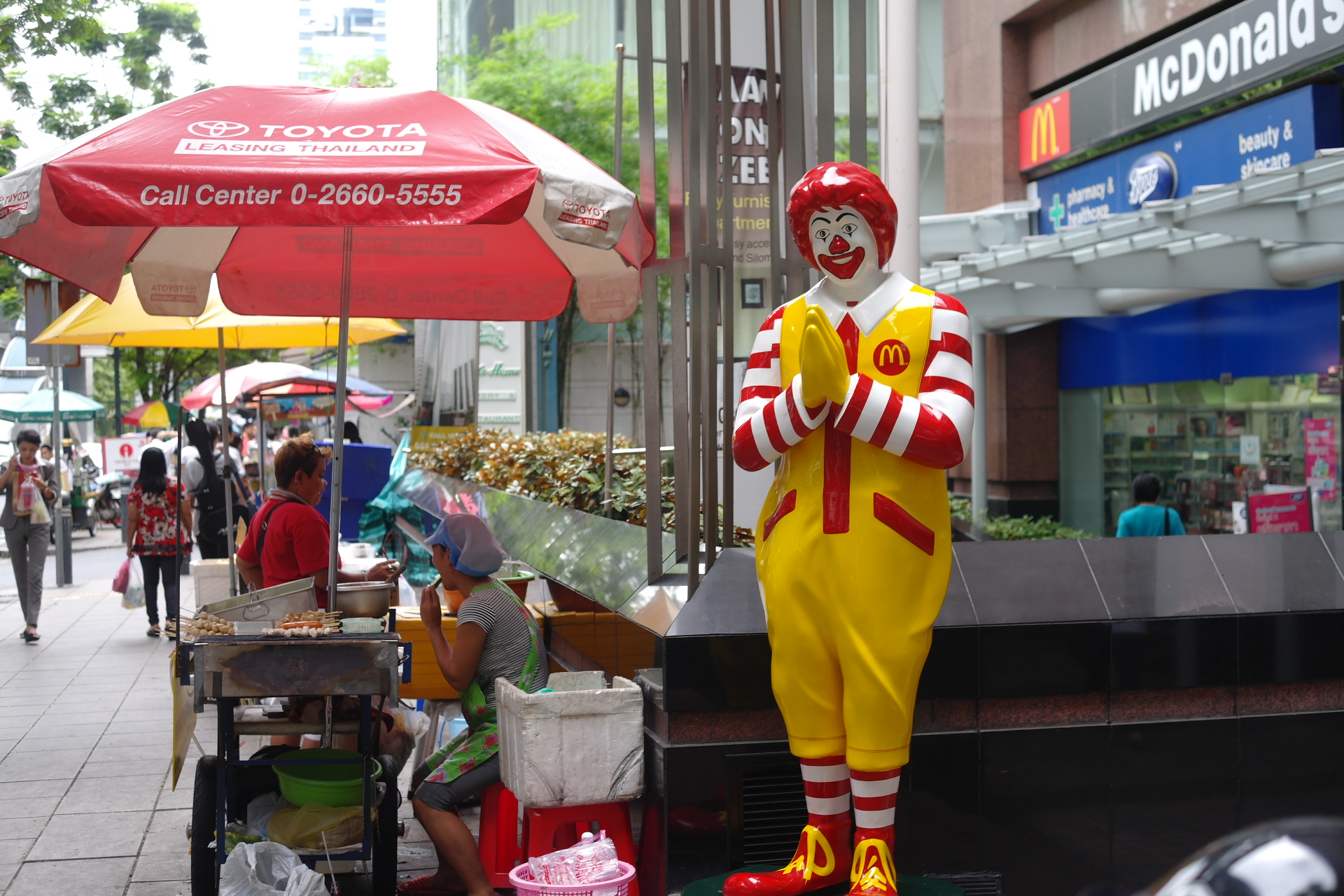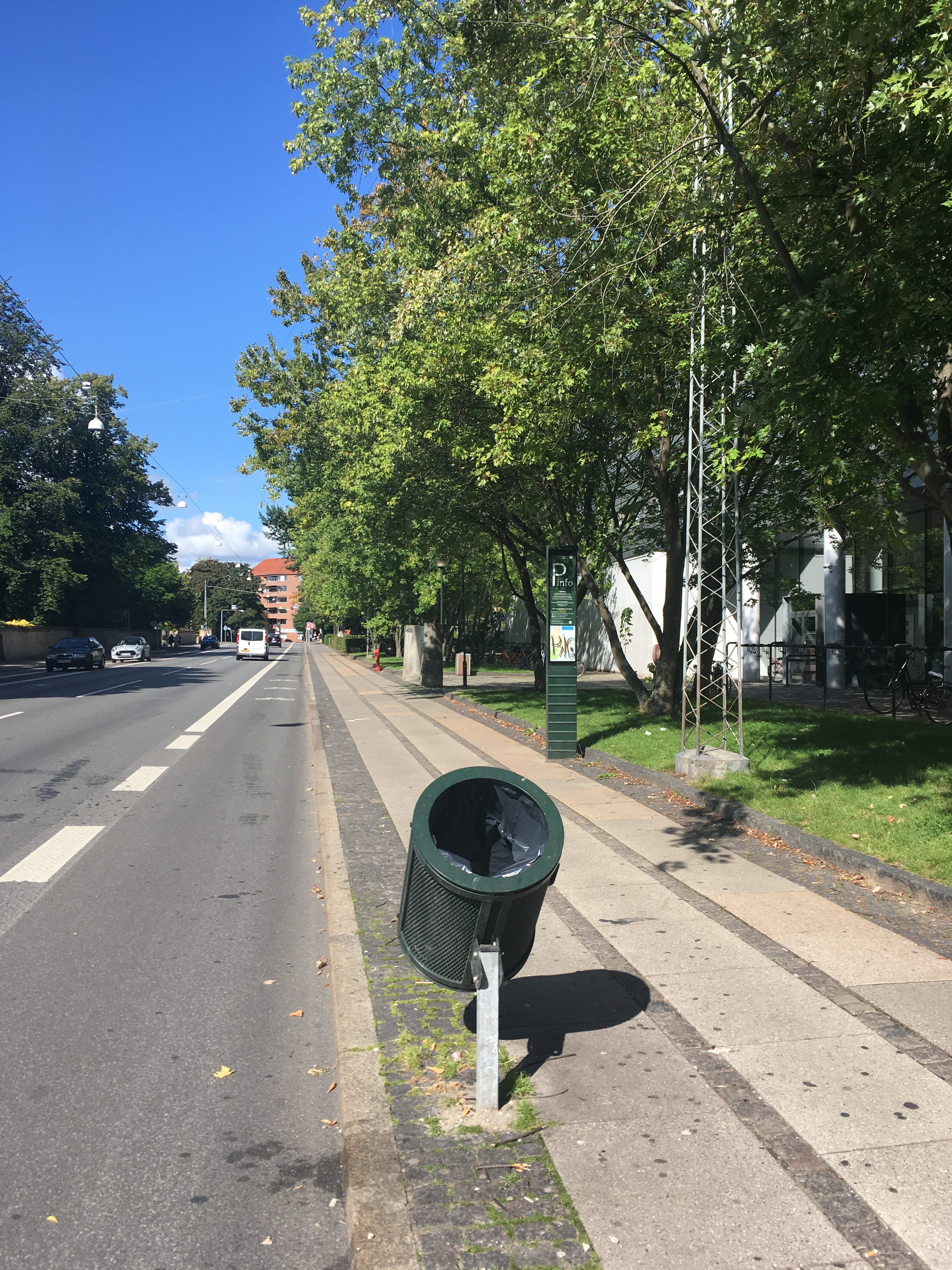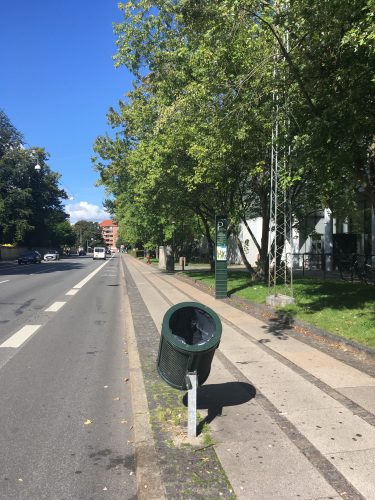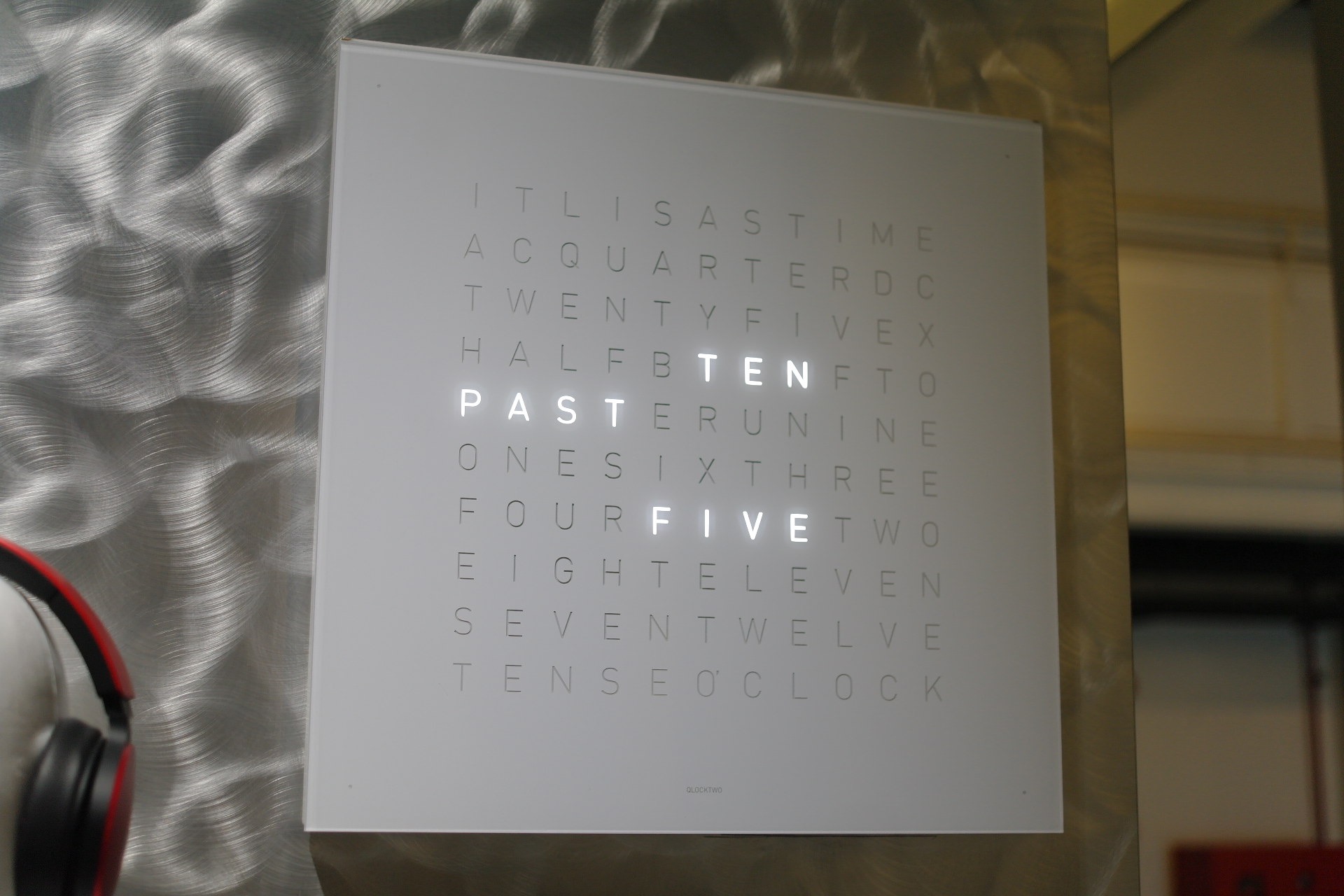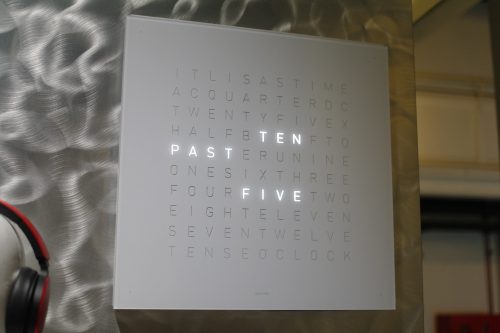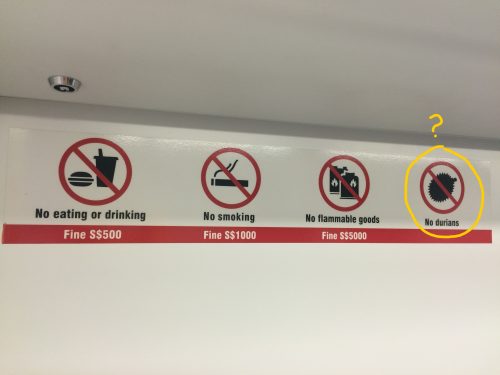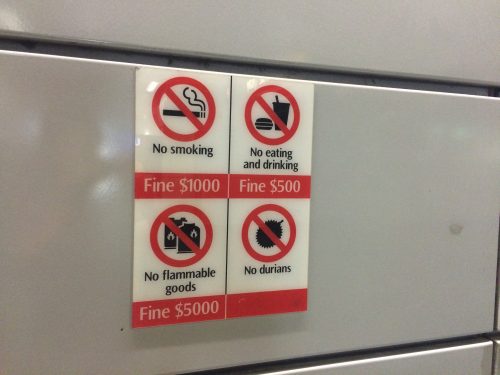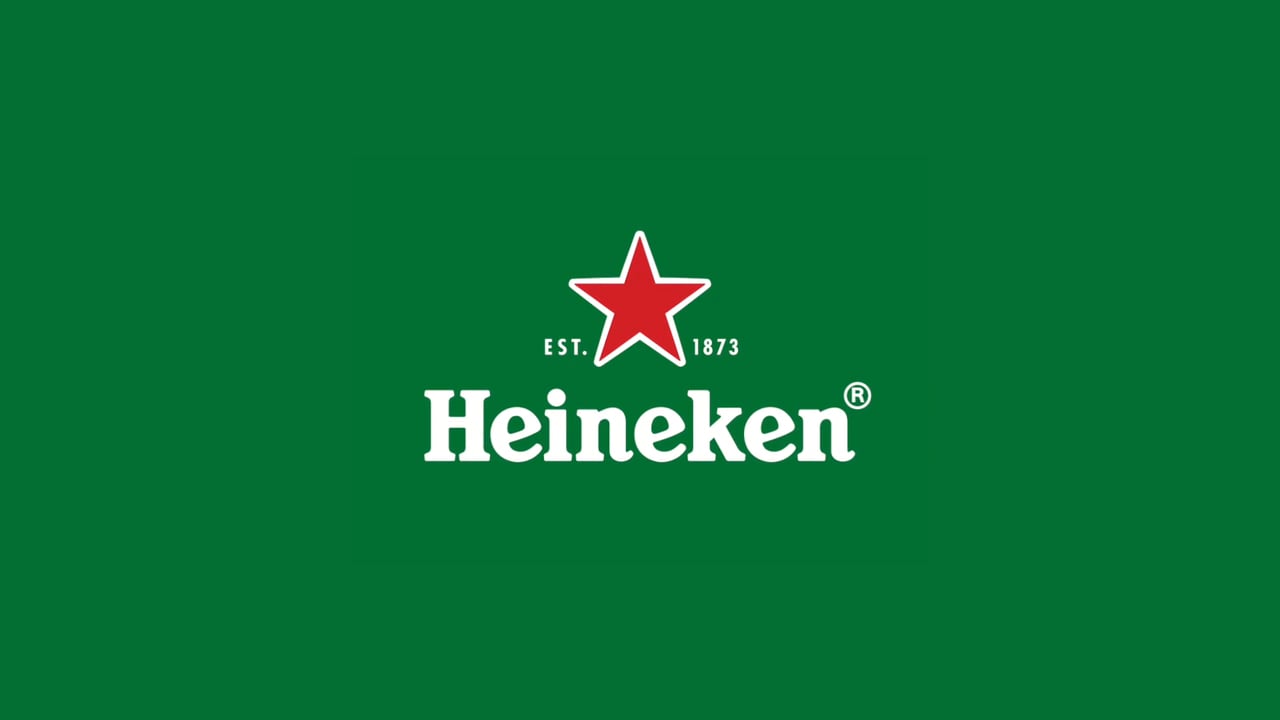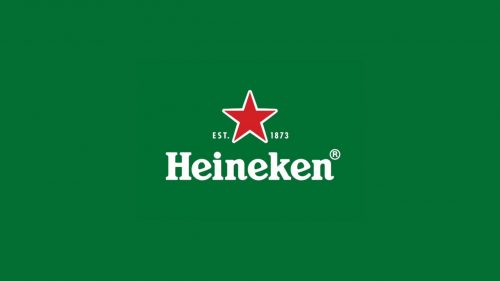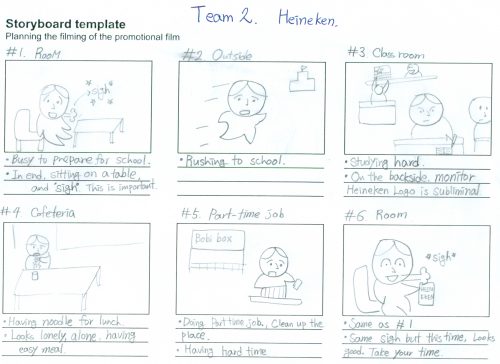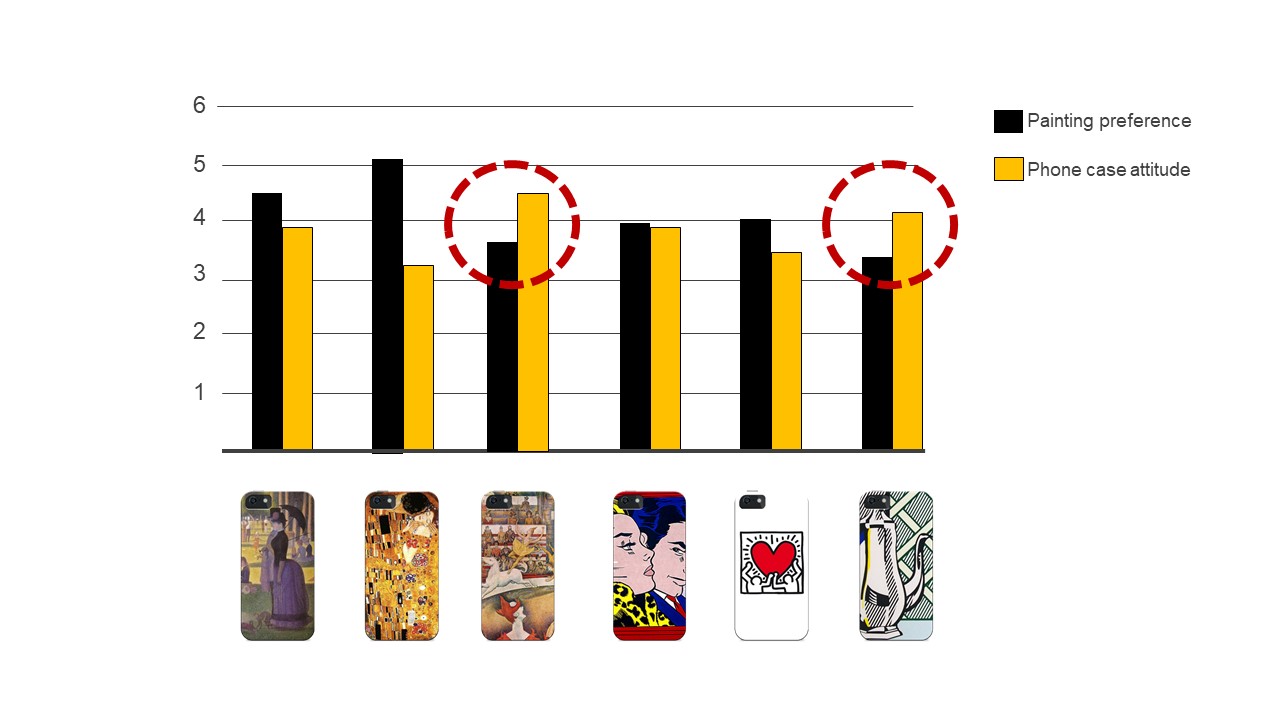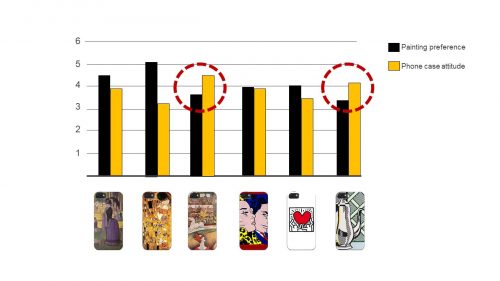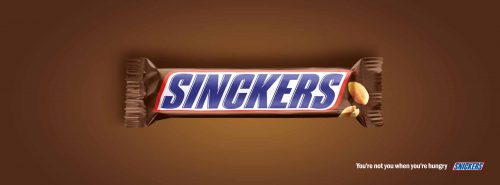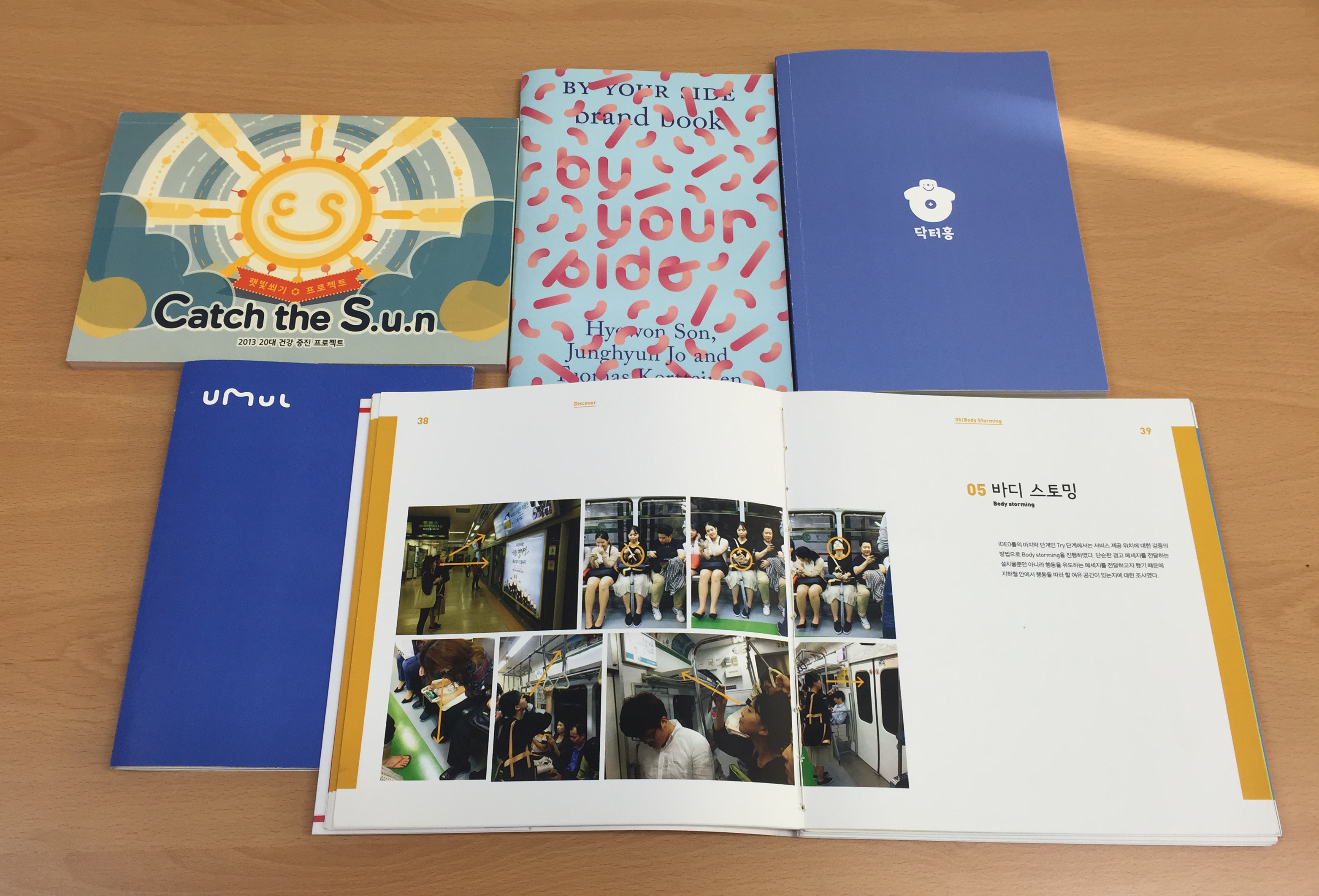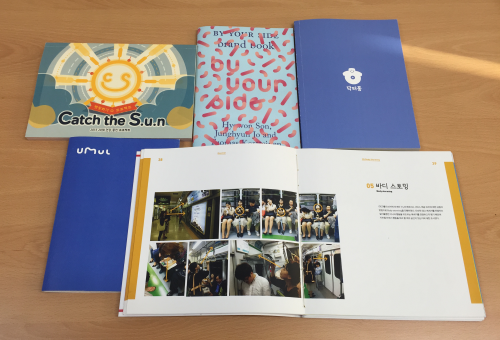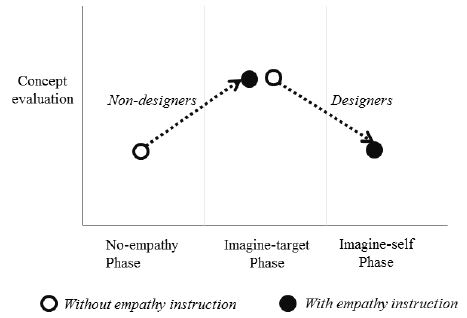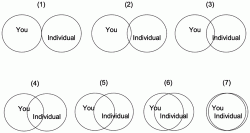When we go to a new place, we often have a mixed desire, that is, the desire for exploring something new as well as the desire for doing exactly what we have done before. When some of my friends go to another countries, for example, they almost always try exotic dish at local restaurants but they end up searching for Starbucks for coffee with free Wifi. Since the mixed desire is relatively opposite, it is usually satisfied by two very different products or places.
However, a mixed desire can be well satisfied when we buy or meet appropriately localized, global products or places. One example is McDonald’s, the biggest food chain brand in the world. Although it is now competing against Subway, it still beats other well known brands such as KFC, Burger King, Pizza Hut, to name a few.
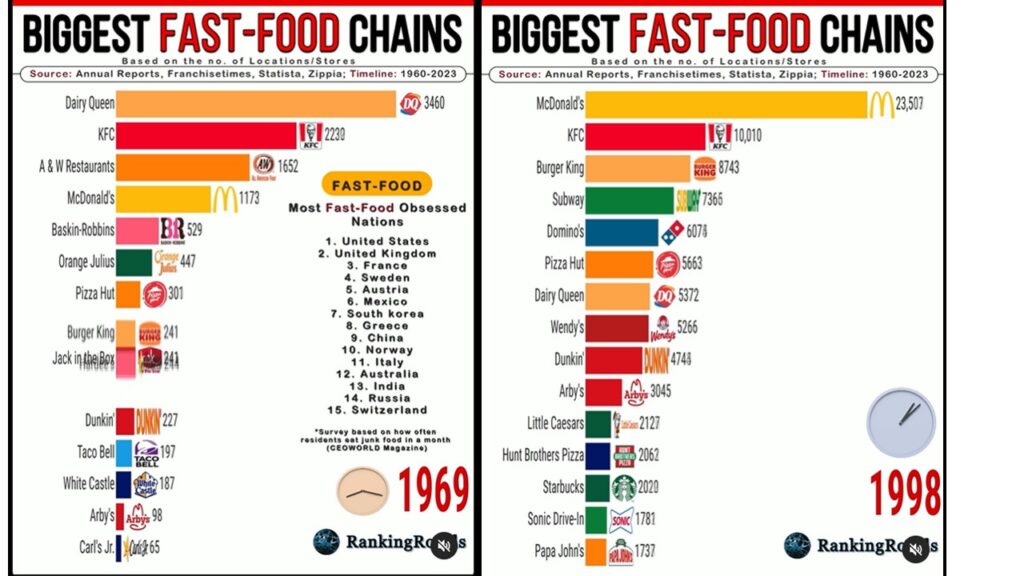
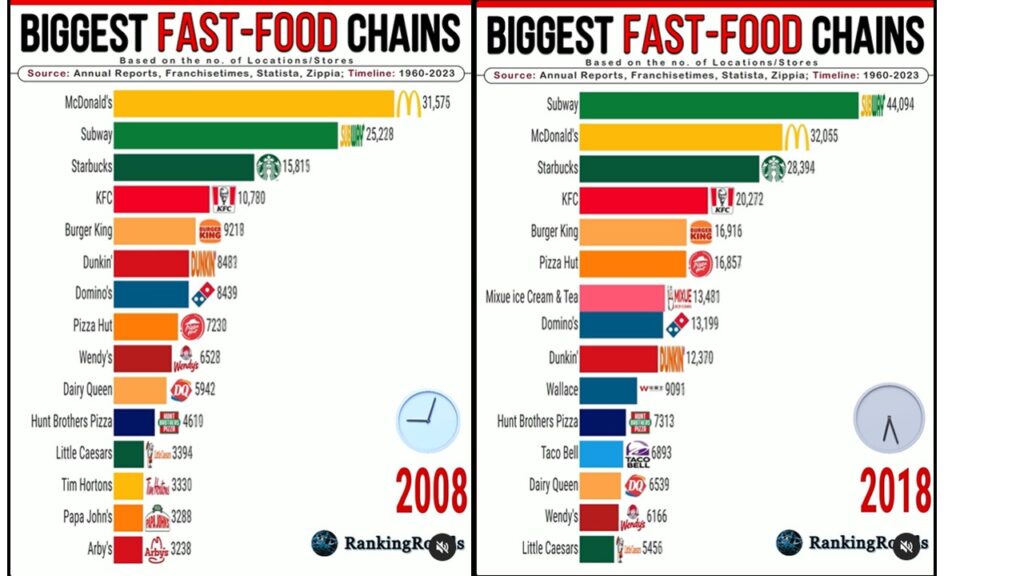
Although McDonald’s is known for serving highly standardized food items and thus does not seem to be a hot place for eating something new, it actually has interesting local items in different countries.
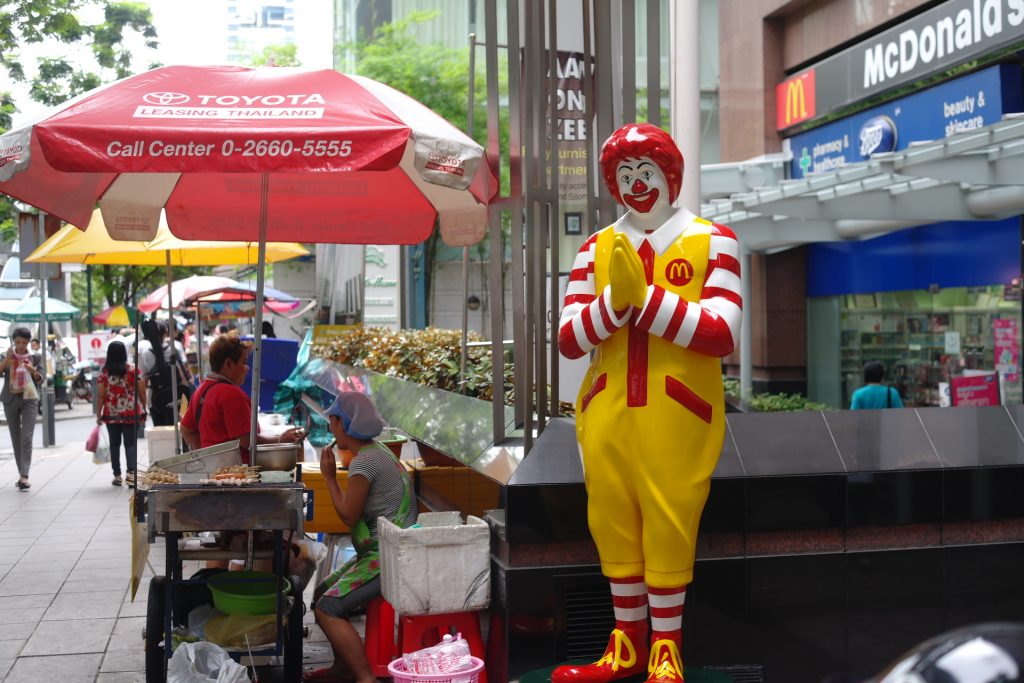
In Bangkok, for instance, a McDonald’s with a clown who puts his hands together serves a few rice sets with pork, chicken, and beef.
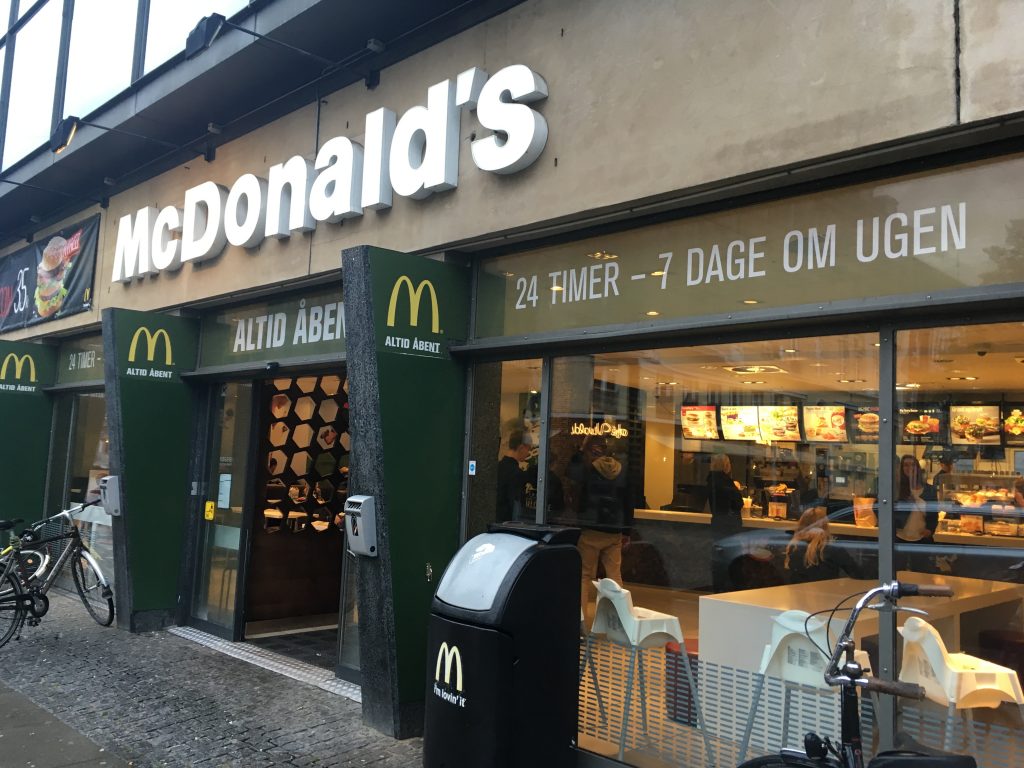
In Copenhagen, a McDonald’s opens 24 hours 7 days. Although this sounds rather common in most Asian cities, running a business for whole night is very uncommon in Scandinavian countries.
In Delhi, a McDonald’s divides its space into two different stations -one for vegetarians and the other for meat lovers- and then people and kitchen utensils are not allowed to come across these two stations including knife, cutting board, or water.
Recently, a group of researchers studied which experiences result in the greatest happiness between ordinary (common and frequent) and extraordinary (uncommon and infrequent) experience. They found that “younger people, who view their future as extensive, gain more happiness from extraordinary experiences; however, ordinary experiences become increasingly associated with happiness as people get older, such that they produce as much happiness as extraordinary experiences when individuals have limited time remaining.”
The research findings suggest why McDonald’s appeals to everyone. It appeals to younger people because of different products and services across countries. At the same moment, it may appeal to older people because it is same across countries.
***
Reference
Bhattacharjee, A., & Mogilner, C. (2016). Happiness from ordinary and extraordinary experiences. Journal of Consumer Research, 41(June), 1–17.
Prior research indicates that experiences bring greater happiness than material possessions, but which experiences result in the greatest happiness? The current investigation is one of the first to categorize types of experiences and highlights one important distinction: the extent to which an experience is ordinary (common and frequent) versus extraordinary (uncommon and infrequent). Eight studies ex- amine the experiences individuals recall, plan, imagine, and post on Facebook finding that the happiness enjoyed from ordinary and extraordinary experiences depends on age. Younger people, who view their future as extensive, gain more happiness from extraordinary experiences; however, ordinary experiences become increasingly associated with happiness as people get older, such that they produce as much happiness as extraordinary experiences when individuals have limited time remaining. Self-definition drives these effects: although extraordinary experiences are self-defining throughout one’s life span, as people get older they increasingly define themselves by the ordinary experiences that comprise their daily lives.

